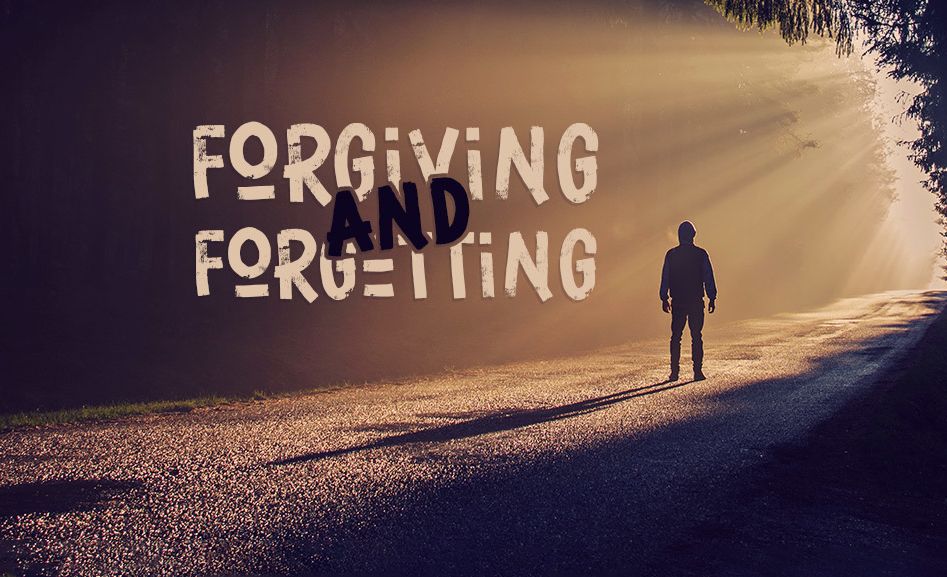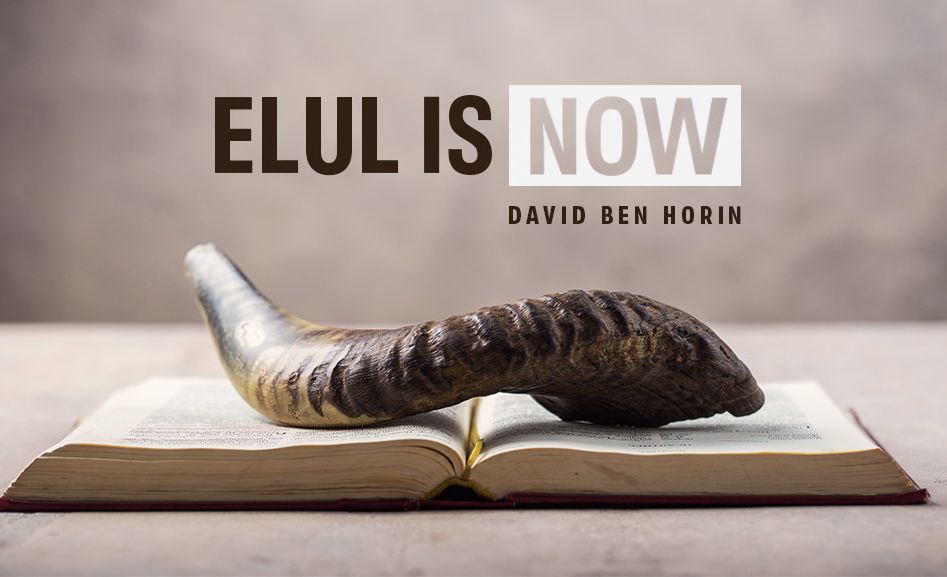
Spiritual Insurance Policy
Are you interested in a spiritual insurance policy that offers you full protection for your court case in the Heavenly Court? Read about Rabbi Yehuda Zev Leibowitz's Will...

Rabbi Yehuda Zev Leibowitz left his last Will and Testament, promised that anyone who upholds it will be protected from the birth-pangs of Mashiach and will have a portion in the full Redemption, the Geula. His Will gives four directives:
- Have mercy on others
- Give in to others
- Help others
- Don’t yell at anyone
The Will of this tzaddik focuses on the mitzvot between man and fellow man. It doesn’t make promises to Torah scholars or to those who are exacting in the fulfillment of their mitzvot between themselves and Hashem. It speaks exclusively about extra care in one’s relations with his or her fellow human, for that is our main task in this generation. We should strive to avoid any blemish in this area every single day. That way, a person can say at the end of the day, “Today, I was merciful wherever I could; I tried to help whomever I could, even before being asked; I gave in to others and I didn’t yell at a single person. Indeed, I tried my best to speak to everyone respectfully and with a smile.”
The Zohar tells about Rabbi Cruspidai, who fell ill. Rabbi Yosi ben Kisma and the other wise men visited him and saw that he was crying and laughing. He fell asleep and they thought that he died. Everyone left  the room but only Rabbi Hilkiya remained behind and saw Rabbi Cruspidai come back to life; he smiled and cried. Rabbi Hilkiya summoned the others and told them that he saw Rabbi Cruspidai laughing and crying. They re-entered the room and refused to allow anyone else to come near.
the room but only Rabbi Hilkiya remained behind and saw Rabbi Cruspidai come back to life; he smiled and cried. Rabbi Hilkiya summoned the others and told them that he saw Rabbi Cruspidai laughing and crying. They re-entered the room and refused to allow anyone else to come near.
In the evening, Rabbi Cruspidai once again awoke and asked for a drink of water but refused to talk. The next day, the wise men returned at dawn and he told them what he had seen and heard. He heard a daily declaration in Heaven that said three things:
- Happy are those who occupy themselves in Torah
- Happy are those who help other people observe Hashem’s commandments
- Happy are those who are always forgiving
“You saw me crying and laughing,” said Rabbi Cruspidai. “I cried when confronted with the Angel of Death; I laughed when the Divine Presence shielded me from him. When we entered the Heavenly Court, they asked the Angel of Death to state his case; he said: ‘This is Rabbi Cruspidai who is always forgiving. The Lower Court wouldn’t try him, so they sent me here.’ The Angel of Death was sent to an even higher court. There, three angels testified, ‘Rabbi Cruspidai is always forgiving; therefore, he deserves added longevity so that he can complete his Torah studies in the physical world.'” These are the words of the Zohar.
We see that even though Rabbi Cruspidai was pious and righteous beyond description, the mitzvot that came to his defense at the critical time of his Heavenly trial were the many times that he forgave. He never held a grudge and never retaliated to an affront to his dignity. The Gemara in tractate Rosh Hashanah 17a says emphatically, “He who forgives (below, here in the physical world) is forgiven of all his transgressions (Above, in the Heavenly Court).” This is a classic example of measure for measure. A person who is lenient and forgiving with others merits that Heavenly Justice is lenient and totally forgiving with him. That is the best spiritual insurance policy a person could have – don’t pass it up!












Tell us what you think!
Thank you for your comment!
It will be published after approval by the Editor.